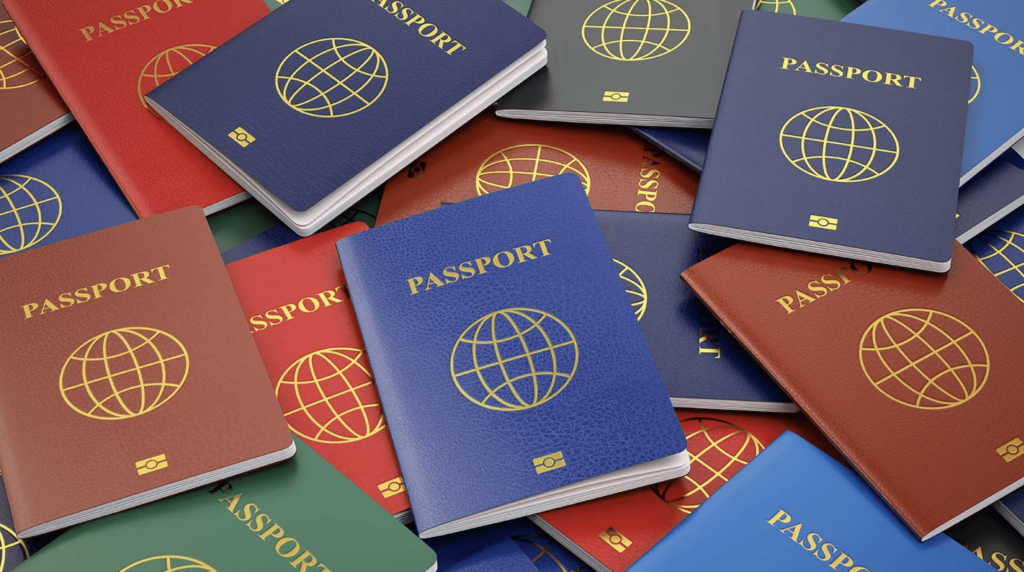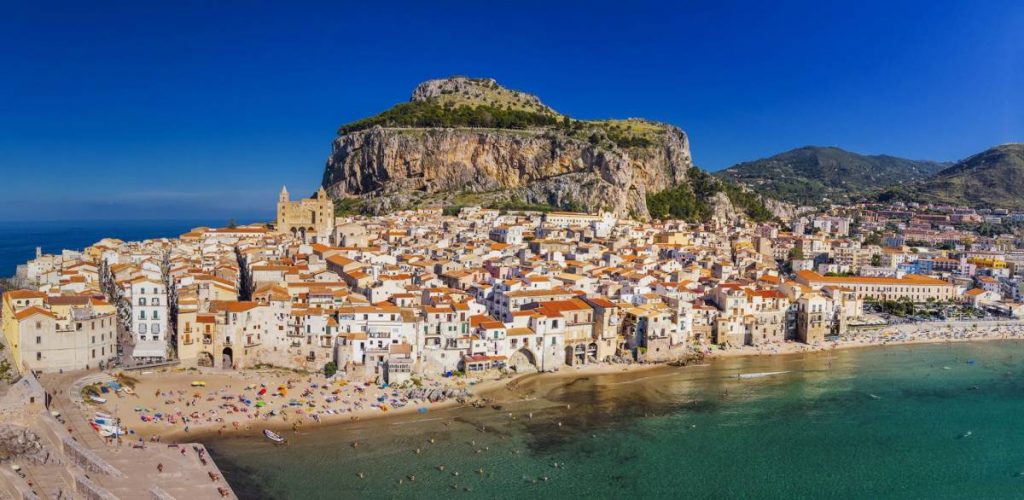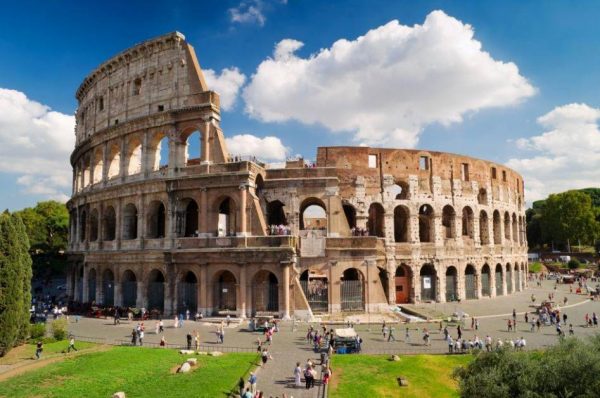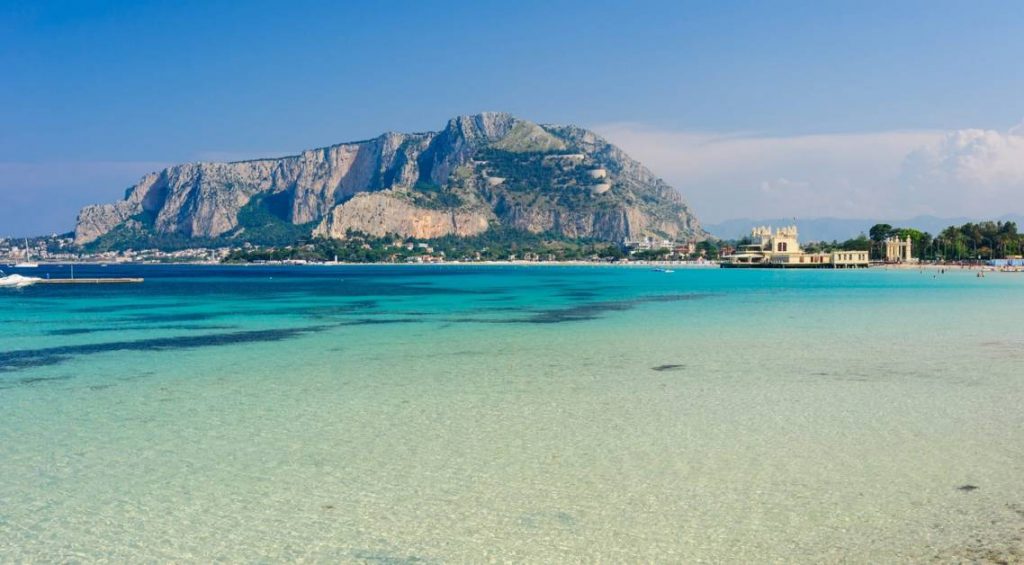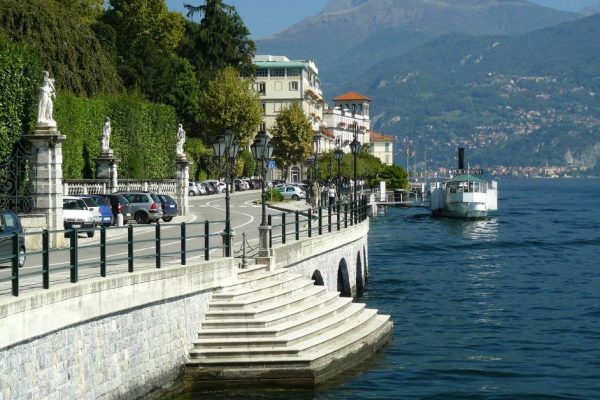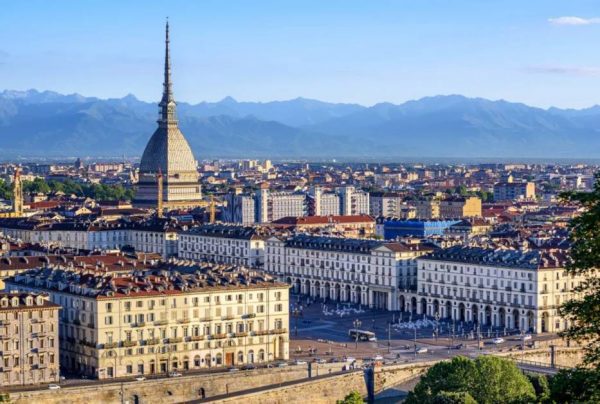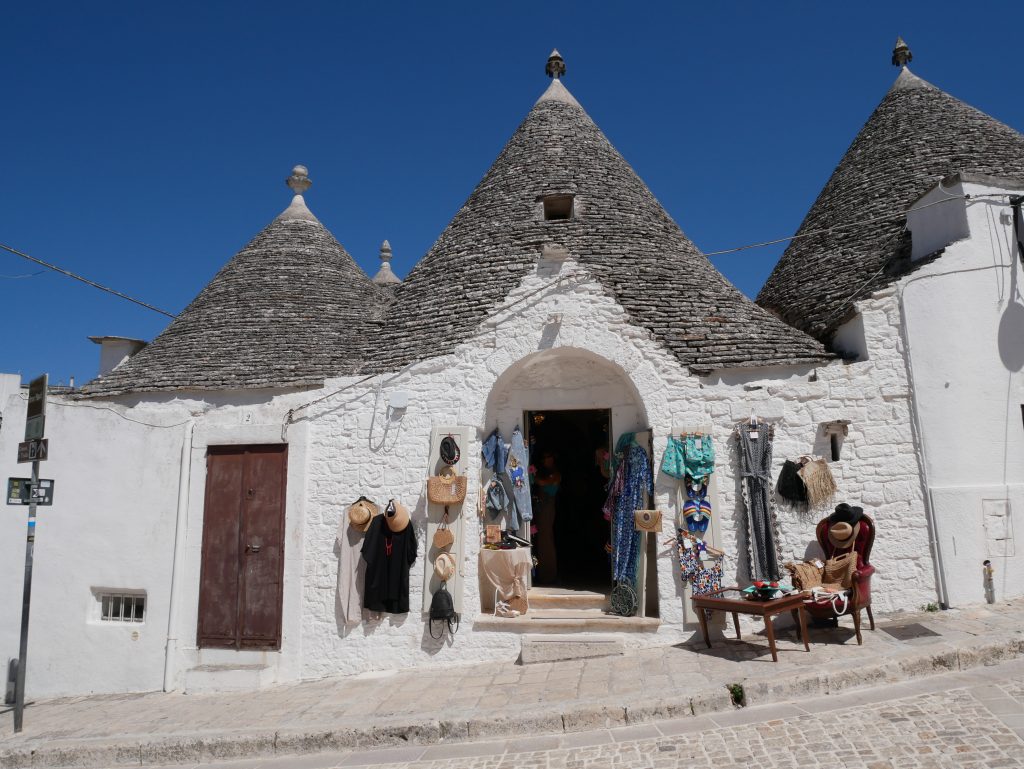Unrestricted travel to and from European countries, with no quarantine requirement, will start on June 3rd. No official word yet on when restrictions will be lifted on flights to and from countries outside of Europe – but the external borders of the EU remain closed to non-essential travel until June 15 at the earliest.
Don’t be too quick to rejoice as only certain people are allowed in – Italian citizens and residents, flight crew too, and citizens or residents of other European countries needing to pass through Italy to go home.
Table of Content
The Ministry of Foreign Affairs of Italy published on its official website of May 19 some frequently asked questions and answers to better clarify the news. Here they are in English:
Can I travel to and from abroad between May 18 and June 2?
Between May 18 and June 2 there will be no changes in travel to and from abroad, which continues to be allowed only for proven work, urgent and health reasons; however, you may also travel to return to your home.
If you are travelling to Italy from abroad you will be required to self-isolate, under the supervision of the competent health authorities, either at home or at any other address of your choice or, if you have no place to stay, at the accommodation arranged for you by the regional civil protection authorities. Since May 18, however, further exemptions from this rule have been introduced.
How will travel to and from abroad change from June 3?
From June 3, people will be allowed to travel freely from and to the following States:
Member States of the European Union (besides Italy, the following are EU Member States: Austria, Belgium, Bulgaria, Cyprus, Croatia, Denmark, Estonia, Finland, France, Germany, Greece, Hungary, Ireland, Latvia, Lithuania, Luxembourg, Malta, Netherlands, Poland, Portugal, Romania, Slovakia, Slovenia, Spain, Sweden, and the Czech Republic);
States party to the Schengen Agreement (non-EU States party to the Schengen Agreement are: Iceland, Liechtenstein, Norway, Switzerland);
United Kingdom of Great Britain and Northern Ireland;
Andorra, Principality of Monaco;
Republic of San Marino and Vatican City State.
From 3 June, persons travelling to Italy from these countries will no longer be required to self-isolate under the supervision of the health authorities for 14 days, unless they have stayed in other Countries during a 14-day period prior to entering Italy.
For example, persons travelling to Italy from France on June 14 will be required to self-isolate only if they travelled to France from the United States.
For example, on June 4; however, they will not be required to self-isolate if they travelled to France from the United States prior to May 30, or if they stayed in Germany between May 31 and June 13.
Between June 3 and 15, the same rules applying until June 2 to travel to from abroad shall continue to apply to travel to and from States other than those listed above.
I have travelled to Italy from abroad. Am I required to self-isolate?
As a rule, yes. Until June 2 all persons travelling to Italy from abroad are required to self-isolate for 14 days, under the supervision of the competent health authorities, either at home or at any other address of their choice, lacking which accommodation will be arranged by the regional civil protection authorities. However, there are exceptions to this rule (see the next FAQ).
Which are the exceptions to mandatory self-isolation when travelling to Italy from abroad?
Mandatory self-isolation does not apply to the following persons:
Transport crew members;
Travel staff members;
Persons travelling for proven work reasons, if citizens of or a resident in one of the following countries: Italy, Austria, Belgium, Bulgaria, Cyprus, Croatia, Czech Republic, Denmark, Estonia, Finland, France, Germany, Greece, Hungary, Ireland, Latvia, Lithuania, Luxembourg, Malta, Netherlands, Poland, Portugal, Romania, Slovakia, Slovenia, Spain, Sweden and Iceland, Liechtenstein, Norway, Switzerland, Andorra, Monaco, Republic of San Marino, Vatican City State, United Kingdom of Great Britain and Northern Ireland;
Health personnel travelling to Italy for professional purposes;
Cross-border workers entering the country to work and then returning home;
Employees of companies with their main or secondary headquarters in Italy, returning to the country after travelling abroad, for work, for no more than 72 hours (3 days), which period may be extended up to 120 hours (5 days), in exceptional circumstances;
Travel to and from the Republic of San Marino and the Vatican City State;
Officials and other servants of the European Union, international organisations, diplomatic missions and consulates;
Students attending study programmes abroad and returning home at least once a week;
Persons travelling to Italy for a short stay (72 hours, extendable for justified reasons up to 120 hours in total) for proven work, urgent or health reasons;
Transit passengers;
Persons travelling through the country for no more than 24 hours (extendable to 36 hours in total for justified reasons), to reach their country of residence (e.g. entering Italy by ferry from Greece to continue by car to their home in Germany).
From June 3, besides the cases listed above, mandatory self-isolation will no longer be required for persons travelling to Italy from the following countries: Austria, Belgium, Bulgaria, Cyprus, Croatia, Czech Republic, Denmark, Estonia, Finland, France, Germany, Greece, Hungary, Ireland, Latvia, Lithuania, Luxembourg, Malta, Netherlands, Poland, Portugal, Romania, Slovakia, Slovenia, Spain, Sweden, Iceland, Liechtenstein, Norway, Switzerland, Andorra, Monaco, Republic of San Marino, Vatican City State, United Kingdom of Great Britain and Northern Ireland.
However, mandatory self-isolation shall continue to be required if, during the 14-day period prior to entering Italy they had stayed for any length of time in a country other than those listed above.
For example, persons travelling to Italy from France on June 14 will be required to self-isolate if they had travelled to France from the United States, for example, on June 4, but will not be required to self-isolate if they travelled from the United States to France before May 30, or if they stayed in Germany between May 31 and June 13.
When am I required to start self-isolating after arriving in Italy?
As a rule, immediately after entering the country. You are only allowed to reach the address where you have chosen to self-isolate, by the shortest possible route and without using any means of public transport other than the means used to travel to Italy (for example, if you fly into Fiumicino Airport you are not allowed to catch a train into Rome or for any other destination). Transit passengers are not required to self-isolate: if you are on a short stopover between flights and do not leave the airport you are free to board a connecting flight to any other domestic or international destination. Furthermore, if you are travelling to Italy from abroad for proven work, urgent or health reasons, you may delay the start of self-isolation for 72 hours (or, in exceptional circumstances, 120 hours in total). The delay must be justified by the same reasons that justified your travelling to Italy in the first place.
I am a foreign resident and need to pass through Italy to go home. What am I required to do?
Transit through Italy, from one foreign country to another, to return home along the fastest possible route and without intermediate stopovers that are not strictly necessary, is allowed, if you are travelling for work, urgent and health reasons.
For example:
Airport transits are allowed (for example, if travelling from Caracas to Frankfurt, with a stopover in Fiumicino), as long as you do not leave the airport;
Cruise passengers disembarking in Italy at the end of the cruise are allowed to return to the Country where they live (at the expense of the shipowner);
Ferry passengers with a vehicle (travelling from Tunisia or Greece to Italy, for example), may continue on their vehicle to their home country (the Netherlands or Germany, for example). In this case, they are allowed to remain in Italy for no more than 24 hours, which may be extended by a further 12 hours in exceptional circumstances.
Before boarding the airplane/ferry to Italy, you will be required to complete a self-certification form clearly indicating that you are only passing through Italy on your way to your final destination in a foreign country. If stopped and checked by law enforcement officers during their journey through Italy you must show this self-certification form, specifying the same reason.
If you have developed, or develop Covid-19 symptoms while in Italy, you must immediately notify the competent health authorities, by calling the dedicated helplines and await instructions. Before undertaking any travel you are advised to search for information regarding travel restrictions in place in Italy, as well as in the countries of origin, transit, and destination. When travelling through Italy you are advised to keep in touch with your consular authorities.
From June 3, there will be no travel restrictions in place to Italy from the following countries: Austria, Belgium, Bulgaria, Cyprus, Croatia, Czech Republic, Denmark, Estonia, Finland, France, Germany, Greece, Hungary, Ireland, Latvia, Lithuania, Luxembourg, Malta, Netherlands, Poland, Portugal, Romania, Slovakia, Slovenia, Spain, Sweden, Iceland, Liechtenstein, Norway, Switzerland, Andorra, Monaco, Republic of San Marino, Vatican City State, United Kingdom of Great Britain and Northern Ireland. If during the 14 days prior to entering Italy you spent any length of time in countries other than those listed above, you shall be required to continue to observe the above-mentioned transit rules.
I am travelling to Italy by air. Can I catch a connecting or other flight for another domestic or international destination?
Yes, airport transit is allowed, as long as you do not leave the airport transit area. In any case, travel to your final destination must always be justified by work, urgent, and health reasons.
I am a foreign / Italian citizen temporarily in Italy. Can I travel to the country where I live?
Yes, travel to return home is always allowed. However, when travelling in Italy you must complete a self-certification form to reach the Italian border, which can be downloaded at the Interior Ministry website. You are advised to search for information regarding travel restrictions to and in your country of destination, in respect of the Covid-19 emergency. You are also advised to keep in touch with your consular authorities in Italy.
I am travelling to Italy from abroad. Can I ask someone to come and pick me up by car, on arrival at the airport/railway station/port?
Yes, but one person only and only if he or she is a member of your household and is possibly wearing personal protective equipment. This type of travel is allowed for urgent reasons and requires the presentation of a fully-compiled self-certification form, if you are stopped and checked, which can be downloaded from the Interior Ministry website, specifying the destination address and the route.
I hope this has been helpful and all questions you had clarified. If you reside in Italy and your permesso di soggiorno is expired, read my post on what to do.
